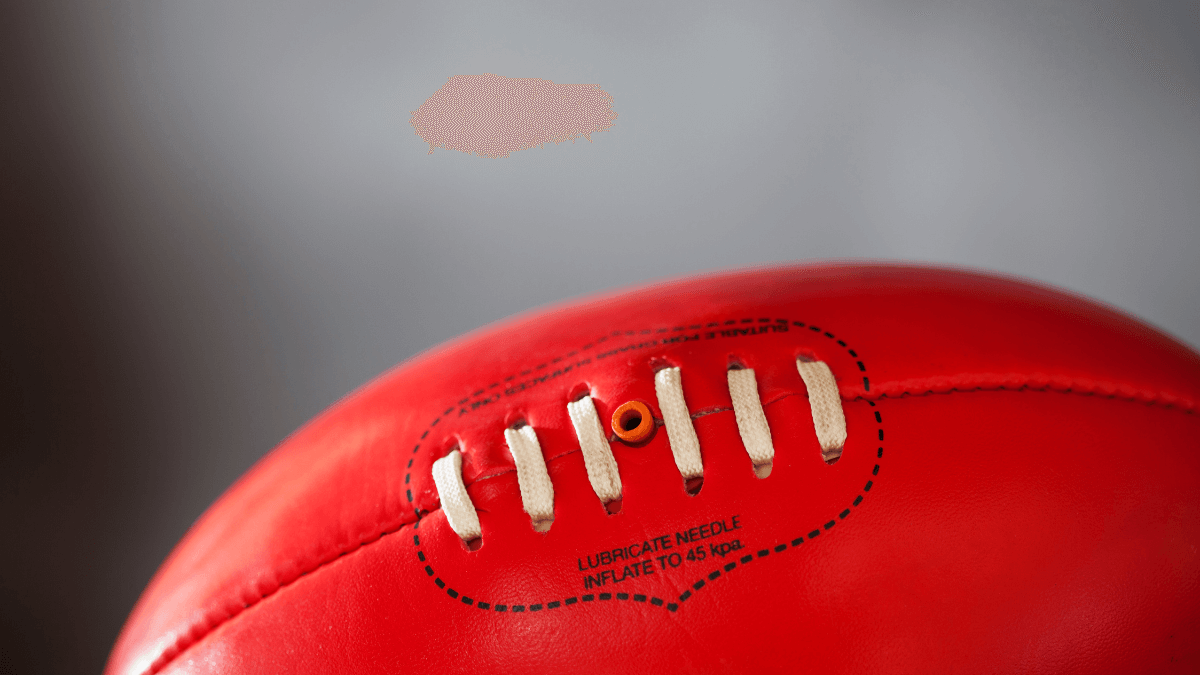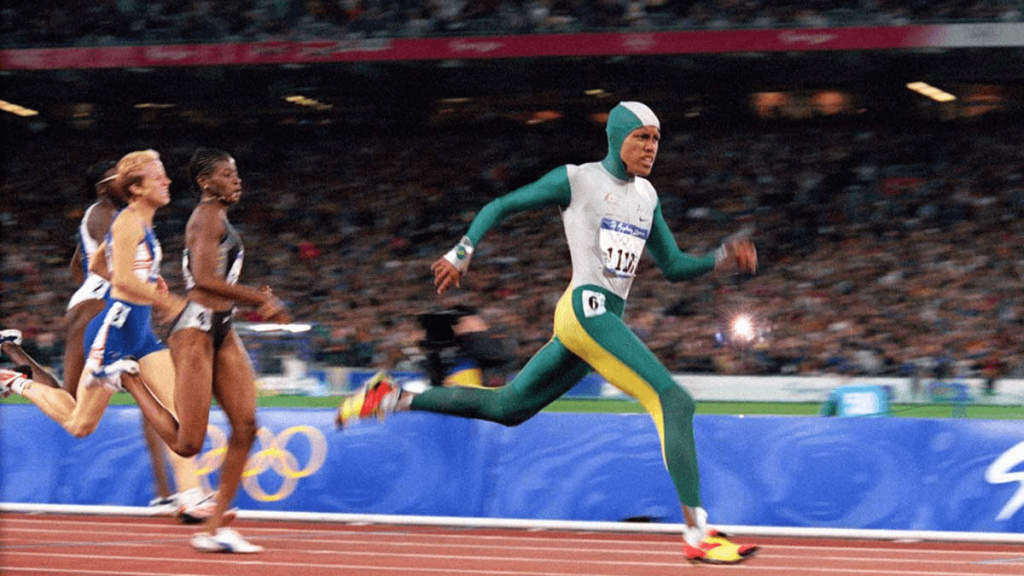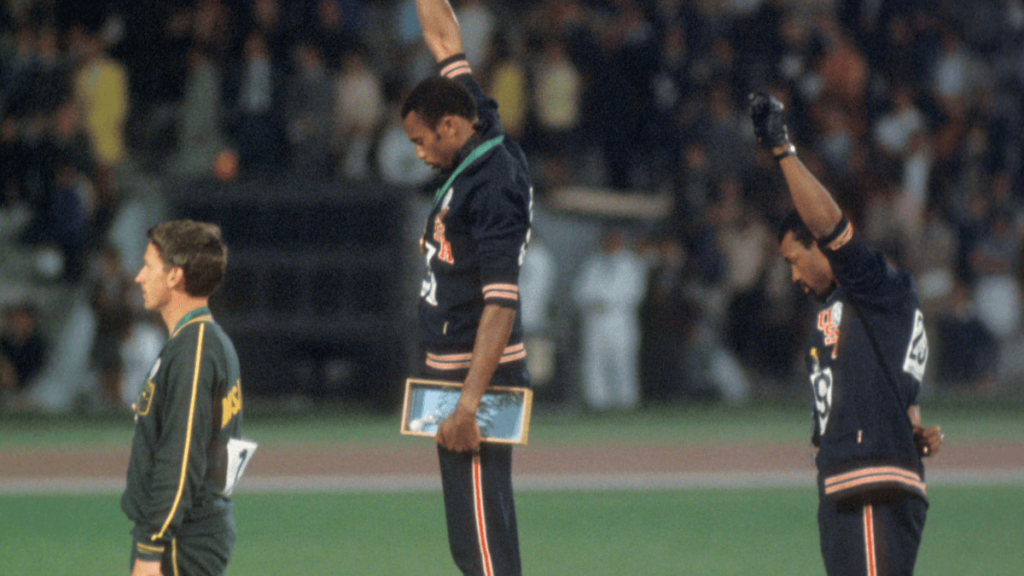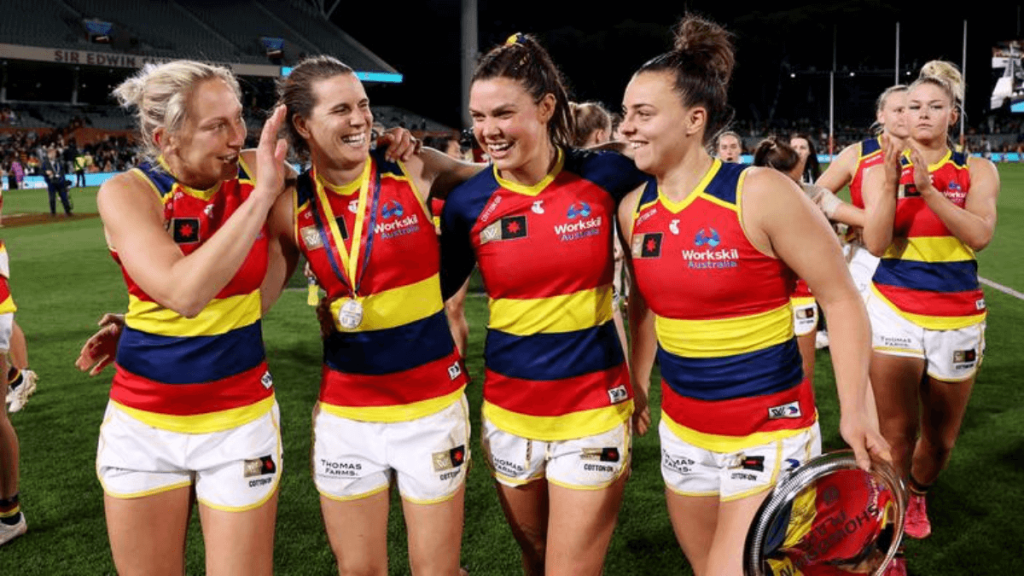What Australian Sporting Culture Reveals About Us

Sport in Australia is a reflection of our culture and identity, not only a recreational activity. Major sporting events are revered by Australians, whether it’s rooting for the Matildas, viewing the Boxing Day Test, or checking in for State of Origin. There is a profound fact, though, that lurks underlying all the kicking, sprinting, and serving: sport is a potent manifestation of the Australian spirit.
Across Australia, from rural areas to sprawling cities, sports have played an important role in shaping national identity, uniting and protesting, and providing a lens through which Australians can examine principles such as mateship, justice, and resilience. If we are so devoted to sports, what does it say about who we are?
A Nation Built on Competitive Spirit
Colonial settlers introduced cricket, rugby, and horse racing to what is now Australia, establishing a long history of athletic competition in the country. Along with other new favorites like the Australian Football League (AFL), tennis, and surfing, these sports evolved into beloved traditions across the country.
Due in part to our geographical remoteness, Australians tend to think of themselves as the underdog. We constantly outperform our size despite being a small population competing on a global scale. Consider the incredible run that Cathy Freeman had in Sydney 2000 or the surprising victory that Australia had in the Rugby World Cup. These instances do more than provide entertainment; they reinforce a shared conviction in perseverance, bravery, and equality.
Mateship and the Power of Team Sports
Australian mateship, a special kind of friendship and commitment, is one of the most distinctive aspects of the Australian character. This is illustrated most clearly in team sports.
Teams that remain united through thick and thin are highly esteemed in Australian athletic culture, whether it’s the rough-and-tumble camaraderie of an AFL group or the battlefield of a rugby league contest. That’s why fans get behind courageous teams, even when they lose.
The idea that no Australian is an island is further emphasized by the sporting celebrations of camaraderie. In good times and bad, we stand as one, cheering and suffering side by side. This personal involvement embodies a more inclusive sense of national identity that is based on unity.
Sporting Events as National Rituals
Major athletic events are more than just a source of enjoyment for many Australians; they serve as cultural touchstones, seasonal rituals, and unifiers.
It is well-known that the country comes to a standstill during the Melbourne Cup. Tradition, festivity, and community are more important than horse racing itself. Still another good example is the Boxing Day Test, when thousands descend upon the MCG and millions more watch from backyard barbecues and living rooms. This event has a rich history, serving as the beating heart of summer and symbolizing the everlasting bond between cricket and Australia.
In the collective Australian mind, these experiences bind generations, reaffirm principles, and provide familiar reference points. They breathe life into a community and serve as a means of affirming one’s identity through shared experiences.
Sport as a Great Equaliser (Sometimes)
Within Australian sports culture, the narrative of a “level playing field” is rather significant. If one puts their mind to it and works hard enough, anyone—from the most modest beginnings—has immense potential. This idea promotes the meritocratic thinking system and helps to show sports as a potent leveller.
Many of Australia’s most well-known sportsmen come from small beginnings. Athletes like Majak Daw, Harry Kewell, and Indigenous greats like Ash Barty and Lionel Rose highlight the variety of the nation while demonstrating how skill can get above challenges.
In sports, fair play is not always a reality though. Particularly in women’s and Indigenous sports, disparities in funding, opportunity, and media attention reveal ongoing tensions. Still, Australian society is quite steeped in the concept that sports might help us grow personally.
The Global Stage: Where Sport Meets National Identity

Source: National Museum Australia
Sport is also how Australia presents itself to the globe. The Olympics, Commonwealth Games, and international cricket tours are about presenting Australian values to a worldwide audience rather than only medals and trophies.
It was more than just a race when Cathy Freeman ran barefoot carrying the Aboriginal and Australian flags in Sydney 2000. That was a declaration. a peacemaking. a contemplation and moment of national pride. Her run gave the globe a peek of our changing consciousness and reflected the complex identity of modern Australia.
Sporting achievement overseas confirms a sense of national capability. It gives Australians hope that, in character as much as in competition, we are global rivals despite geographical isolation.
Sport and the Politics of Protest

Source: The Roar
Sport can be a potent forum for dissent and cultural reckoning even if it usually acts as a uniting agent.
Sometimes the Australian sporting arena has been a front line for social and political transformation. Sport has a long history of questioning the existing quo from the 1968 Black Power salute by Peter Norman’s colleagues (and Norman’s own quiet solidarity) to contemporary initiatives like Adam Goodes’ against racism.
These events expose the complicated contradiction of the Australian psyche: a country who yearns for development and justice yet still highly values unity and tradition. Athletes who speak out sometimes polarise public opinion, but they also mirror the changing national social conscience.
The Rise of Women’s Sport and Changing Perspectives

Source: Getty Images
The growth of women’s sport in Australia is changing the national athletic story and, therefore, the Australian mindset.
From the Matildas’ remarkable World Cup performance to the expansion of AFLW and the WBBL, female athletes are questioning antiquated gender stereotypes and calling equal respect. Their success is changing national values surrounding justice, representation, and identity as well as what sports excellence looks like.
Support of women’s sports points to a more general cultural change. Australians are rejecting tokenism, embracing diversity, and seeing the validity of all sports activities. Reflecting a more inclusive and modern Australian culture, this is a change as cultural as it is competitive.
Sport, Tragedy, and the National Heart
Sometimes the tragedy around the game reveals our true nature rather than the game itself. The way the country responds to times of sporting heartbreak—such as the deaths of Shane Warne or Phillip Hughes—showcases a raw, emotional side to Australians.
In those times, sports turns into a place for connection, contemplation, and grieving. Few other events may bring the nation together in the manner the collective loss does. It demonstrates how much of an emotional commitment Australian sportsmen make extends beyond just winning or losing. It has to do with common humanity.
These reactions confirm that, fundamentally, sport is quite personal to Australians. It captures our hopes, our losses, and our capacity for gathering in happiness or grief.
A Reflection of the Australian Psyche in the Digital Age
Our interaction with sport is changing as Australia gets further into the digital age, but its psychological influence is still really strong.
Sporting content is more easily available than it has ever been because to streaming channels, social media, and 24-hour sports news cycles. While fan networks blossom on digital media, online criticism and memes add fresh layers of significance.
Still, the core of Australian sporting culture is rooted in timeless values—loyalty, pride, endurance—even with the tech-savvy packaging. Digital involvement has raised rather than lessened the emotional stakes. Australians today experience the game, share it, and argue in real time rather than merely watching it.
This change captures another feature of the contemporary Australian psyche: the mixing of innovation with history. Our backyard cricket is still much loved, but we also view World Cup events on cellphones from the beach.
Conclusion: More Than a Game
Saying that sport is important in Australia is a minimization. Sport is a national mirror, a historical archive, and a cultural lingo. It exposes our changing perspective, values, and sense of self.
From footy grounds to Olympic venues, from local teams to international arenas, Australian sporting is not only a game—it’s a heartbeat. It speaks to the essence of the Australian psyche, exposing a country that is harsh but sensitive, competitive but communal, and always, quite obviously passionate.
Understanding our relationship with sport helps us to better comprehend what it means to be Australian.






